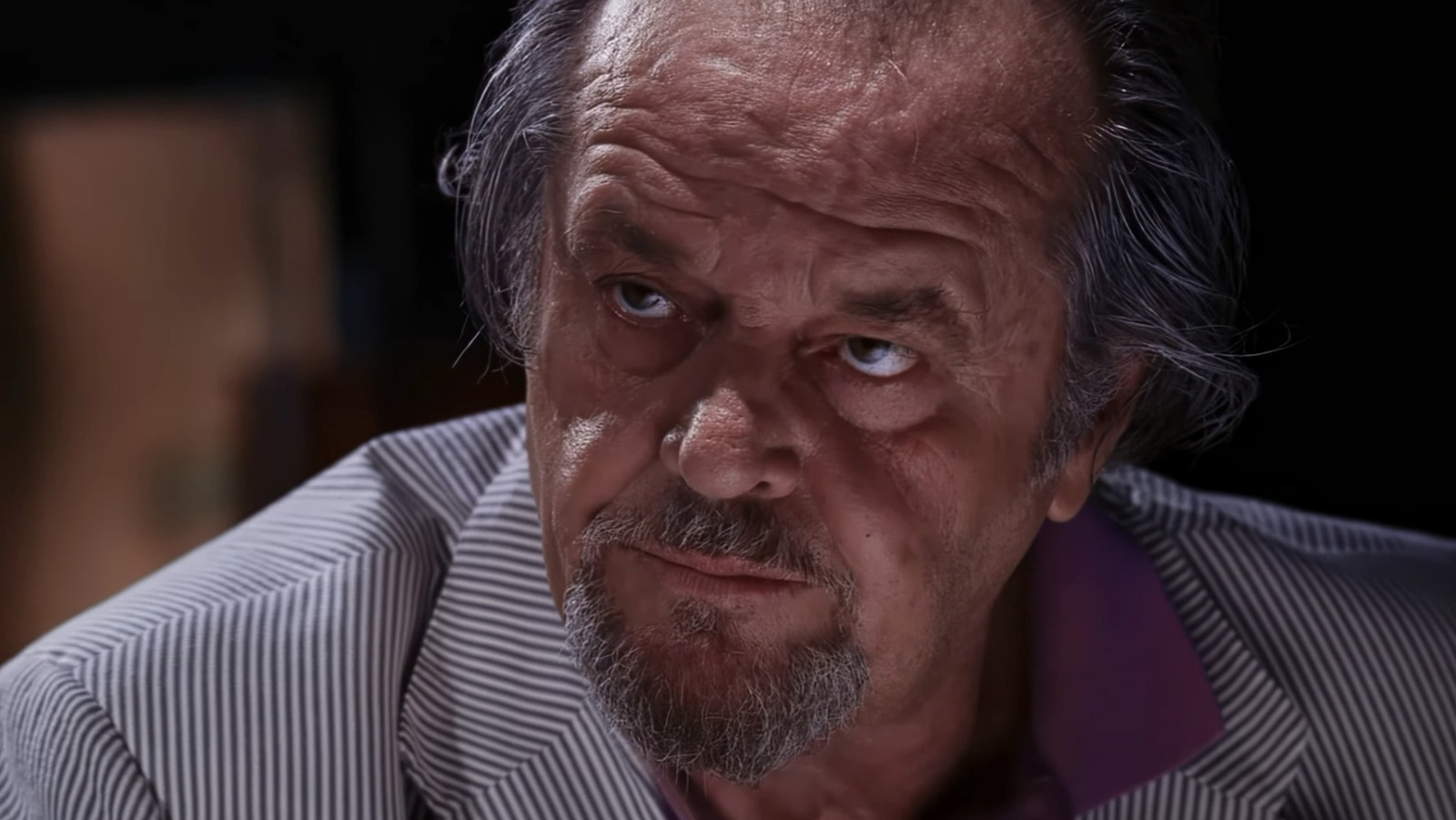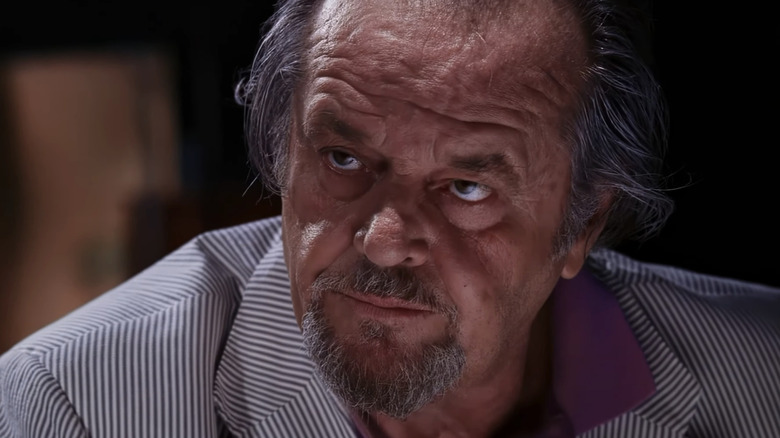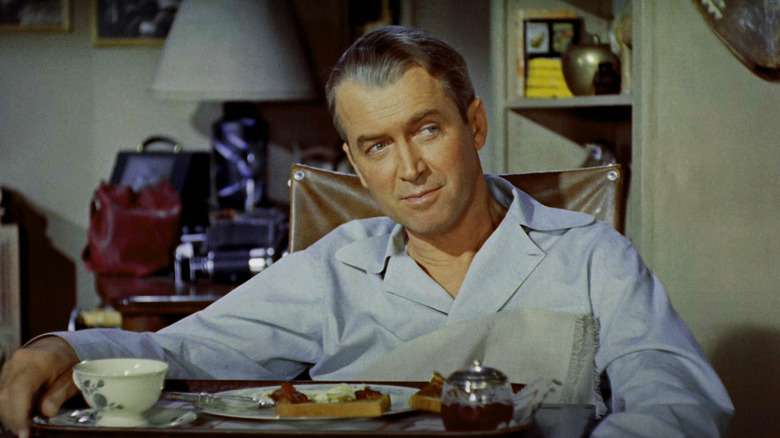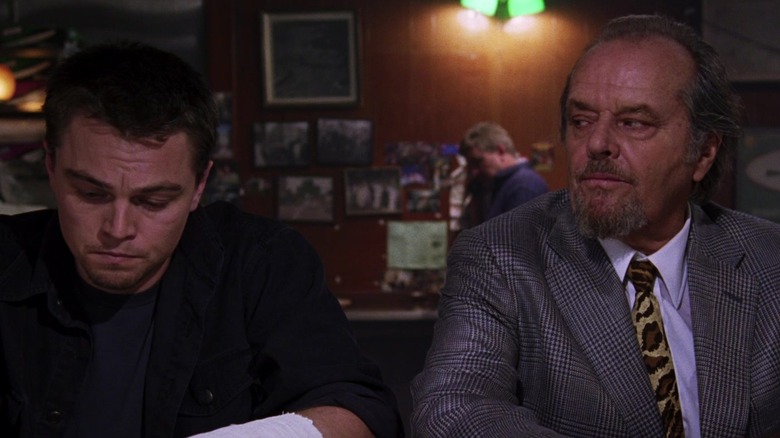For some time, we’ve been hearing about how there are no more movie stars, to the point where it’s become trite to suggest as much. Still, with the monoculture that defined the pre-internet years now a distant memory, talking about the death of the movie star is really just a way of pointing to the shifting cultural landscape, one of which Hollywood is no longer the vanguard.
Culture is now fragmented in a way it never was before. The public no longer looks mainly to Hollywood to shape their cultural ideals, but it would be silly to argue that actors like Zendaya or her “Dune” co-star Timothée Chalamet don’t possess star power. These are names that are going to be a boon to any production. The thing is, being a movie star was never solely about such a thing. For those in the business, being a star was about more than being able to create a buzz and ultimately bring in box office receipts based solely on your name.
When receiving his honorary Oscar, Alec Guinness recalled something he learned during his acting training. “If I was seriously going to have a career in movies,” he said, “the wisest thing was to do absolutely nothing at all, and that is more or less what I’ve done since.” It’s the same thing Alfred Hitchcock valued in his stars. The director maintained that James Stewart’s job in “Rear Window” was to “do nothing well,” which might sound like an oversimplified rhetorical flourish, but this idea of “doing nothing well” has been a consistent concept throughout Hollywood history — one which links Guinness, Hitchcock, and Stewart with director James Cameron, his “Titanic” star Leonardo DiCaprio, and the living screen legend that is Jack Nicholson.
Acting is easy, doing nothing is hard
In an interview with GQ, James Cameron once recalled casting Leonardo DiCaprio in his 1997 epic “Titanic.” As the director remembered it, Leo was pushing for his character, Jack, to have some sort of physical affliction. It seems the actor had got it into his head that such a thing would all but guarantee him awards success, but for Cameron it was all nonsense. The director recalled telling Leo, “You gotta learn how to hold the center and not have all that stuff. This isn’t ‘Richard III.’ When you can do what Jimmy Stewart did or Gregory Peck did, they just f*****g stood there, they didn’t have a limp or a lisp or whatever, then you’ll be ready for this.” To Cameron, having some sort of affliction or past trauma was an easy way to wring drama out of a role. “Those are props, those are crutches,” he said, adding, “What I’m talking about is much harder.”
What he was talking about was exactly what Alfred Hitchcock had hit on when talking about Stewart and his ability to “do nothing well.” For both directors, a quintessential part of being a movie star was this ineffable magnetism that would radiate regardless of what the individual themself was doing physically. It’s this that links these greats with another Hollywood legend in the form of Jack Nicholson, who seemingly had it all figured out long before Cameron and Leo.
In a 1985 Chicago Tribune interview, Nicholson said, “Doing nothing in front of the camera is the key. The ability to do nothing is the primary ingredient. The camera makes most people want to perform. But you have to get to nothing before you can do anything.”
Jack Nicholson can do nothing well
It might sound strange to hear Jack Nicholson talking about doing nothing on camera. The man built a career delivering some of the most expressive performances yet committed to film, from Jack Torrance’s malevolent rampage in “The Shining” to Jack Napier’s transformation from under-appreciated mob footsoldier to twisted mass murdering clown in Tim Burton’s “Batman.” Fact is, Nicholson is known to swing for the fences. But there’s a reason “The Shining” director Stanley Kubrick said that Nicholson brought the “unactable” quality of intelligence to his roles. He could see that his star’s appeal was about much more than the way in which he played twisted a little too convincingly.
Nicholson’s best known roles are, of course, not his only roles. Understated Nicholson is just as alluring as over-the-top Nicholson — just take a look at his performance as Warren Schmidt in “About Schmidt,” for which he earned an Oscar nomination and which remains one of Nicholson’s most iconic roles. That aside, even in his more expressive performances, you can see Nicholson doing nothing well. In the aforementioned “Batman,” his Jack Napier exudes a menacing aura prior to his big transformation into The Joker. The man doesn’t really have to do much in those early scenes to convey his character’s imposing presence, which when coupled with his delightfully outlandish performance as the Clown Prince of Crime, makes that film a real Nicholson masterclass.
Sadly, Jack Nicholson disappeared from Hollywood about a decade ago, and one can’t help but feel like he took the age of the true movie star with him. Not that there’s nobody who can “do nothing well” any more, it’s just that this sort of quality seems to carry less value in an age driven by the rapid cultural rhythms of social media and streaming. Perhaps that’s the reality behind the idea of there being no more movie stars, then. In an age where everything is designed to grab and hold your attention, it’s simply harder to notice those who are, as James Cameron would say, “just f*****g standing there.”











